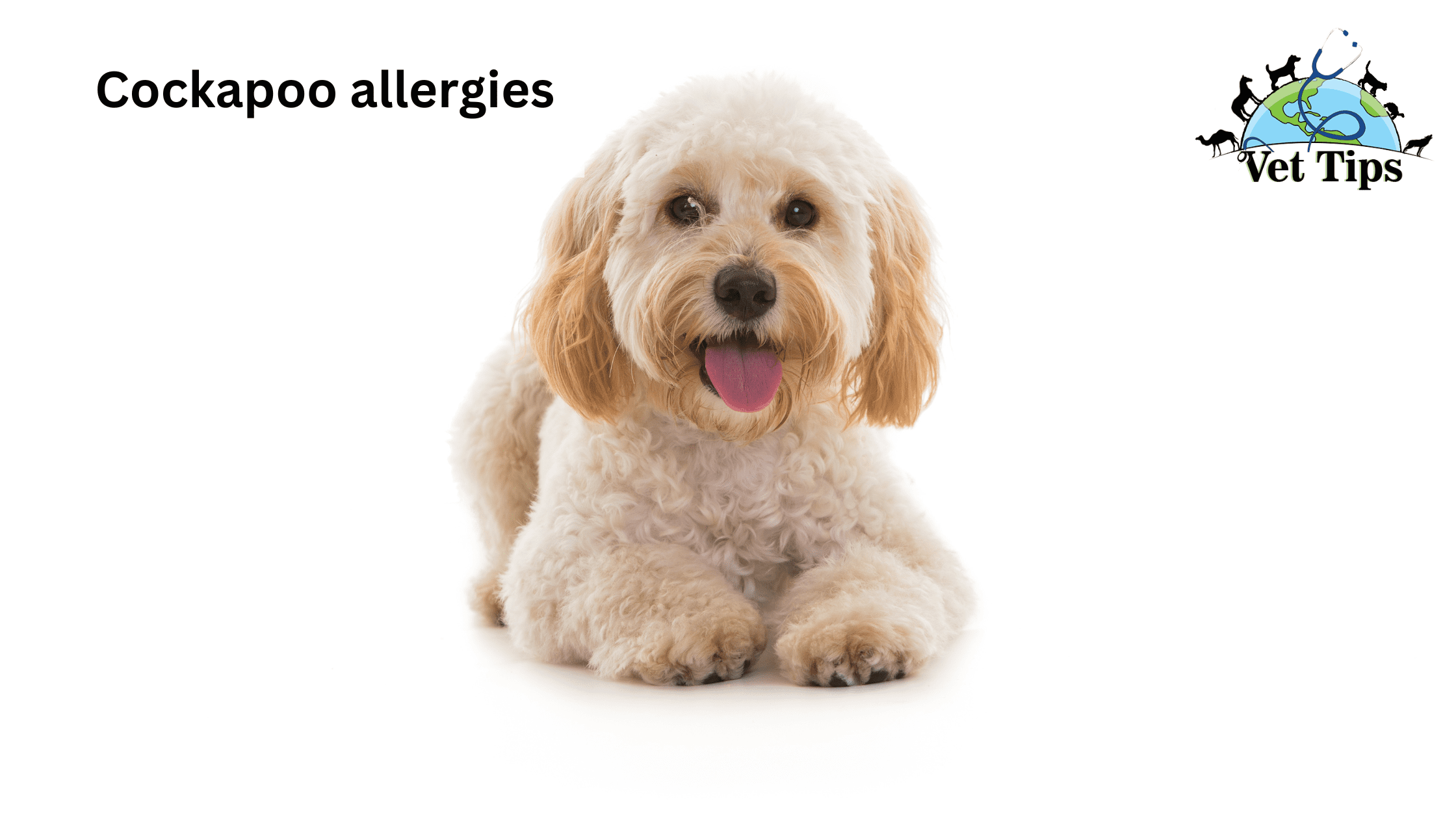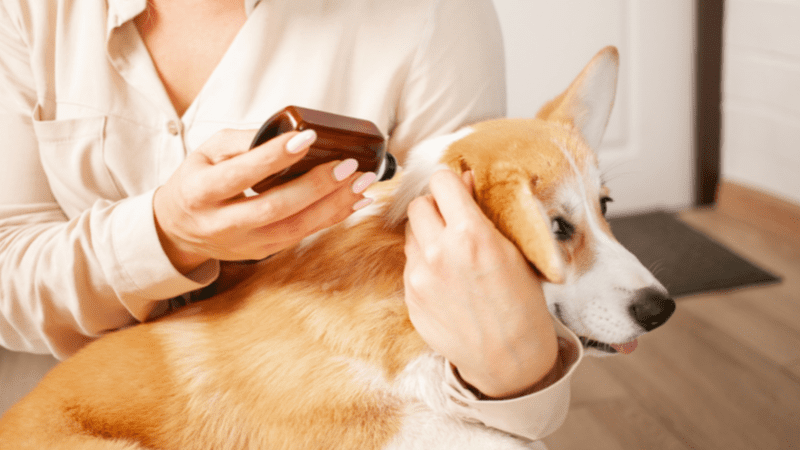Cockapoos, with their charming personalities and adorable looks, have become increasingly popular as companion pets. However, one important consideration for potential Cockapoo owners is the possibility of allergies. As a crossbreed between a Cocker Spaniel and a Poodle, Cockapoos are often touted as hypoallergenic or low-shedding dogs. While they may be more suitable for individuals with allergies compared to other breeds, it’s crucial to understand that no dog is truly hypoallergenic. In this article, we will explore Cockapoo allergies, including common allergens, symptoms, and strategies for managing allergies in these lovable dogs.
Are cockapoos good for allergy sufferers?
Yes, they are suitable for all those who suffer from allergies. In other words, if you have a dog allergy but still want to have a fuzzy canine companion in your home, the Cockapoo is one of the best breeds for you to consider.
Very few inhabitants have been termed cockapoo allergy sufferers due to this breed’s low dander and low molting levels. They also have a low mouthy mucus secretion which helps in making them hypoallergenic.
Cockapoo skin allergies
1. Canine atopic dermatitis (CAD)
Canine atopic dermatitis (CAD) is a skin condition that can be hereditary, but it can also be caused by the dog being exposed to an irritant for a prolonged length of time. This may be as simple as simply letting your dog out when there is ragweed or other common allergens in the air to cause an allergic reaction. This causes allergic responses in your Cockapoo, which can make him itchy, irritated and produce redness on his skin and paws. The majority of dogs that have suffered from this condition did so between the ages of one and three years old. You will observe your dog licking and chewing at his feet, hindquarters, and underarms, among other places. Itching might result in hair loss in some people who have it. A veterinarian may treat your dog, and you should see an improvement due to this. If you find that your dog’s paws and other common areas are itching, you can give him 1 mg of Benadryl (diphenhydramine) per pound of his body weight without causing him any discomfort. If you are apprehensive about doing this, you should first get veterinary approval.
2. Seborrhea
Another skin problem that plagues the cocker breed is seborrhea, which should be looked out for in your Cockapoo as well. This is similar to the human skin condition known as seborrheic dermatitis in that it appears as scaly skin that can be either moist or dry. Flaking and scaling will occur around the coat, resulting in hair loss in some areas of the Cockapoo’s body. A variety of factors, such as allergies, ringworm, metabolic problems, or an auto-immune illness, might contribute to this condition to some degree. A specialist can only determine this; therefore, please get in touch with your dog’s veterinarian if you see any of these symptoms. You will be able to treat the skin with soothing shampoos, and they may benefit from dietary modifications if no underlying reason can be identified.
3. Hypothyroidism
Hypothyroidism can also cause skin issues such as thinning of hair, increased itching, dry skin, and dog dandruff. If your Cockapoo has hypothyroidism, you will most likely notice other symptoms as well, such as weight loss or growth without dietary changes, seizures, or behavioural changes in your canine companion. Veterinary diagnosis and treatment are available for this hormonal condition, which may be treated with a thyroid hormone supplement in the majority of cases. This is a fixable problem if it is diagnosed and treated correctly, as it should be.
Your Cockapoo may develop one or more of the skin conditions listed below at any point in their lives. Several more affect all dogs, and regardless of whether a particular type of skin condition is frequent in Cockapoos, it is essential to keep an eye out for them to keep your dog healthy. Regular grooming should be done whenever feasible for the health and comfort of your Cockapoo, and you should examine the skin on your Cockapoo at least once a week when stroking or playing with him. Just as with any illness, the sooner you discover it, the more probable it is that you will be able to treat it and help your dog get better quickly!
Conclusion: Cockapoo Allergies
While Cockapoos are often considered hypoallergenic or low-shedding, it’s important to recognize that individual reactions to allergens can vary. If you or a family member have allergies, it’s crucial to spend time with Cockapoos before making a final decision on adopting one. Additionally, implementing strategies such as regular grooming, allergen-free zones, and HEPA filters can help manage Cockapoo allergies. Consultation with healthcare professionals and veterinarians can provide further guidance on allergy management and ensure the well-being
Tell us in the comments how you like our article, “Cockapoo allergies”
For the source file, click here.
For similar posts like this, click here.





2 thoughts on “Cockapoo Allergies (Are cockapoos good for allergy sufferers?)”